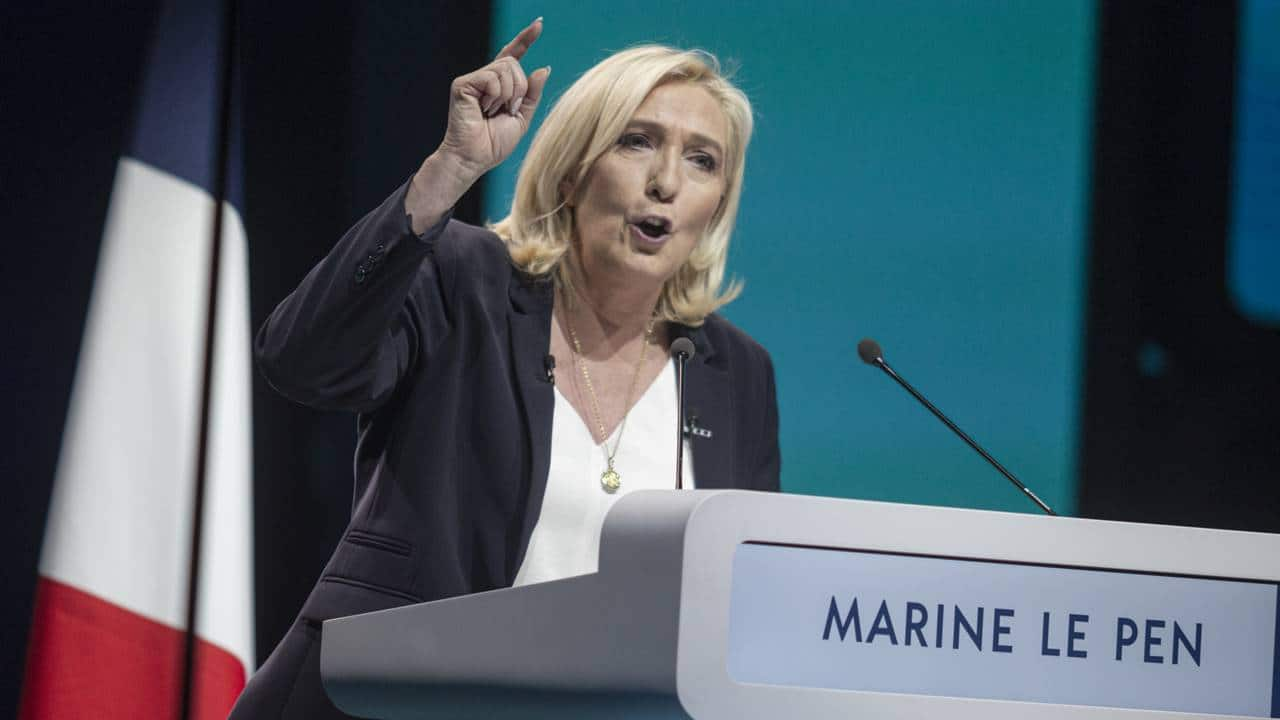Dutch grid operator warns of future energy shortages, price hikes

The Netherlands is projected to face electricity shortages and price spikes by around 2032, according to warnings from the country’s national grid operator.
In its annual report on energy supply security, TenneT, the system operator, cautioned that the Netherlands could experience an average of 14 hours of annual power shortages by 2033, compared to the current average of four hours. From 2030 onwards, the country’s supply security is expected to significantly deteriorate.
TenneT highlighted that these challenges extend beyond the Netherlands, with similar issues emerging in other countries, leading to increased interdependence among them.
While power shortages are not predicted to result in complete blackouts, they are anticipated to drive market prices up considerably. However, the impact may not be immediately felt by the general public due to the country’s fixed pricing system. Nonetheless, industries and wholesale consumers may need to suspend operations during these periods to ensure electricity for the rest of the country, potentially making the Netherlands less attractive for businesses.
Maarten Abbenhuis, TenneT’s operational director, advised the government to develop a plan to mitigate future shortages. He emphasized the importance of maintaining controllable production capacity, preferably carbon-neutral, and reducing market-distorting regulations. Additionally, he suggested keeping coal and gas plants operational as a precaution.
To address demand, Abbenhuis proposed implementing differential pricing, making electricity cheaper during daylight hours compared to nighttime, contrary to the current supply-and-demand model.
The declining energy security is attributed to a decrease in energy production from coal and gas, aligning with the government’s green agenda. However, TenneT expressed concerns that carbon-free alternatives may not be readily available, with solar and wind energy expected to meet only 75 percent of national demand. Challenges are anticipated during periods of low sunlight or wind.
Patrick van de Rijt, head of market analysis at TenneT, clarified that major problems are not expected in the short term but identified a significant tipping point after 2030 due to ongoing energy transition.
Meanwhile, Germany’s decision to invest in new gas production facilities is expected to enhance supply security in the Netherlands in the long term, given the interconnectedness of their grids.





